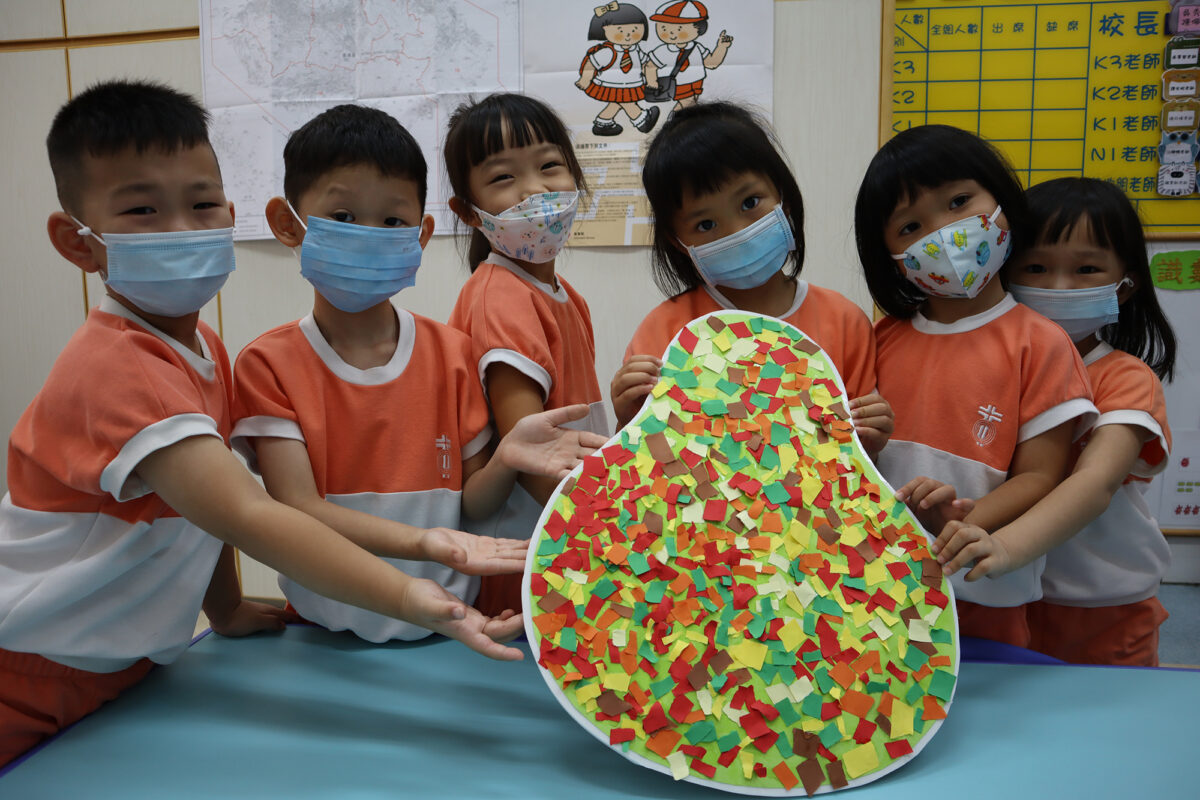-
 Don’t be the “audience” for your child’s “acting”
Don’t be the “audience” for your child’s “acting”
家長園地
Parents Zone

Written by: Founder & Volunteer Director of Good Love Passion
Lam Ho Pui Yee
Praise is often misunderstood and misused. Some parents think that praise is a “cure-all” medicine and that their children will accept any praise they are given. In fact, children can’t accept sarcastic praise, and it will only turn them off and backfire. Appropriate praise is more effective than harsh punishment. Some comments can be hurtful and can even affect a child’s personality development for the rest of his or her life. Successful parents take advantage of opportunities to praise or encourage their children, as timely and appropriate praise can be motivating and inspiring, enabling children to grow in the right direction.
Smile and make eye contact at the same time
When praising your child, parents must smile and look into your child’s eyes at the same time. Such sincere feelings are the happiest and overflowing. Because praise is a double-edged sword – the right kind of praise will make a person feel confident and happy and move forward, but the wrong kind of praise will make a child lose his or her way and stagnate.
For example, when a child refuses to “sit down”, the parent should say “please sit down” with a matching expression. If the child is willing to comply, the parent can praise him immediately and then play a fun game with him. But if the child still does not comply, the parent can immediately take the child away from the scene to divert attention and guide him to follow instructions. Or when you tell the child to put the toy away, but he still looks at you and tosses the toy, testing to see if you will let him go. You can then say to him in a calm and gentle tone, “Please put the toys away gently,” or “Let’s learn to put away the toys together, okay?

Guide your child to understand that expression is appropriate
Parents don’t have to tolerate their children’s bad behavior and minimize arguing or reassuring remarks, which only gives the child more room to continue “acting out” because they have found an “audience”, and some children may even be aggravated by your ignoring them or getting upset. We need to guide our children to understand that the only way to get what they want is to express themselves in an appropriate way. As long as the parent persists, the child will understand that the behavior will not get the parent’s attention and will naturally give up.

If the child stops this behavior, the parent can respond immediately by praising him for being quiet and then diverting his attention to other activities. Whenever a child receives praise from others, he or she will naturally exude confidence and joy, as well as a sense of trust and affection for the person who praised him or her. However, the repetition of a single form of praise over time can be ineffective, so parents should be careful to be creative in their praise.
Pay attention to the tone of voice and lead by example
Children are a gift from God, and it is only through love that other aspects of accomplishment do not become a form of bragging and pride. The difference in the tone of voice is enough to affect the parent-child relationship of detachment or closeness. Parents’ emotions and behaviors are related to their children’s future learning attitudes and personality traits. Because children mostly learn by groping and imitation, children will observe their parents’ treatment of others and use of words and phrases to learn their own emotional management and interpersonal relationships, so the importance of parents leading by example cannot be ignored. Even a hug, a smile or a look can establish a kind of appreciation. Parents are far more influential to children than teachers or peers. The more encouragement a child receives as they grow, the better it will be for their future development.
Each child has different characteristics, and parents should observe and explore their potential, allowing them to develop according to their strengths. “Encouragement helps children to grow, while scolding makes them timid. But the two must go hand in hand and not be biased.” Only through a clear distinction between rewards and punishments can children feel loved by their parents and know how to face mistakes and take responsibility for their own development.












